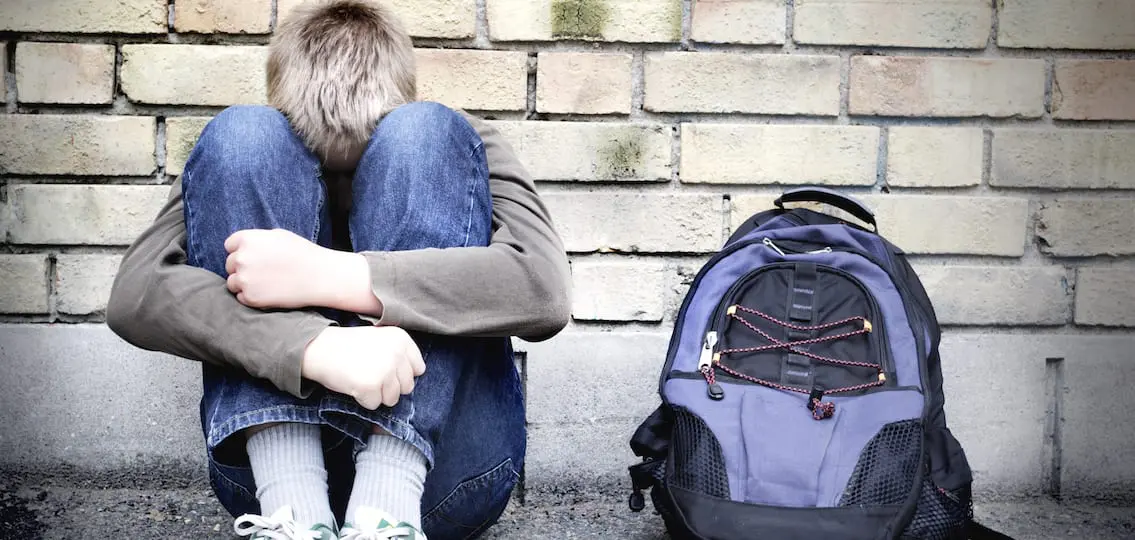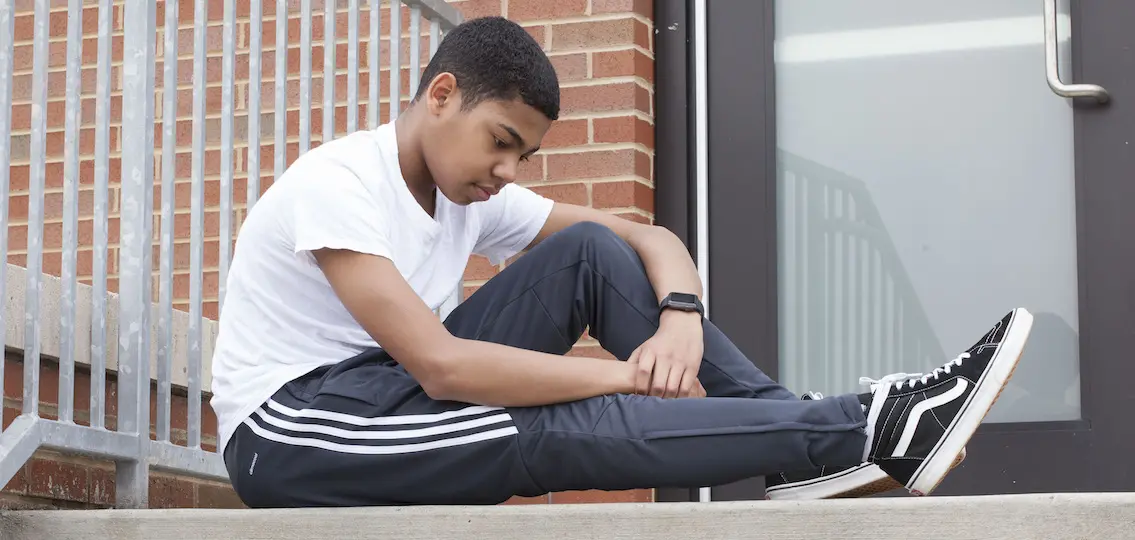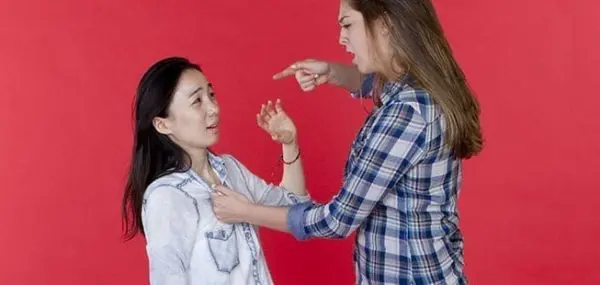A worried parent reached out to me, the school counselor, about her 14-year-old son, Adam. “After years of getting bullied, this year has been a gift,” Shauna said. “He’s made a bunch of new friends and turned everything around.”

But then, Shauna told me, another mother called her. Adam had been mistreating her son, Nathan. In PE, Adam would make fun of the way Nathan ran. In social studies, Adam would roll his eyes whenever Nathan proposed an idea. He’d post altered photos of Nathan on social media, replacing his nose with images of penises and nipples. Then he’d tag him to ensure he saw all the mean comments.
Shauna was shocked and horrified. “How could a nice, normal kid who knows how bad that hurts do the same thing to someone else?” she asked.
When she spoke to Adam, he was defensive but didn’t deny anything. “Relax, Mom. Everyone is doing stuff like that,” he said. Shauna found his justification unacceptable but had no idea what to do next.
Adam’s situation isn’t unique. “You have the bully, the victim, and the bully-victim,” who alternates between being the target and the aggressor, explains Dena Simmons, assistant director at the Yale Center for Emotional Intelligence and a researcher on bullying. “I’d argue that most kids who bully have experienced some form of bullying or abuse,” she notes.
In these cases, parents need to intervene immediately, Simmons advises. “You need to sweat the small stuff, whether it’s the first or the 20th time.”
I told Shauna she shouldn’t let her son off the hook. She also needed to shed her assumptions about bullying. While some kids may have psychological difficulties or come from troubled home environments, plenty of kids are selectively aggressive. “On the surface, they’re often well-adjusted and popular,” says Robert Faris, an associate professor of sociology at the University of California, Davis, whose expertise is in social relationships.
Most likely, I told Shauna, Adam was trying to secure his place in the social hierarchy to avoid getting targeted himself. While she could validate his understandable feelings of insecurity, she also needed to tackle his meanness.
Michele Borba, author of UnSelfie: Why Empathetic Kids Succeed in Our All-About-Me World, agrees that we can’t afford to overlook a child who resorts to bullying. “It’s learned behavior and can be unlearned,” she explains. “A big mistake is thinking it’s a phase. It’s not, and each time it’s repeated, it starts to wreak havoc with a child’s moral compass—he depersonalizes the other child and his empathy levels go down.”
You may assume your aggressive child is fine because they have friends, but that’s short-sighted. “We know the most successful, happiest kids are children who give, not take, and who have healthy relationships,” Borba says. “They’re less depressed, less stressed, more employable, and live longer.”
They also won’t become hardened to the consequences of their actions. As Faris notes, kids who bully “learn techniques to rationalize pathological behavior, and that will not serve them well in the adult world.” But the greatest reason aggressors should stop, he points out, is the damage they’re doing to others.
So what can parents do?
While there’s no cookie-cutter approach, parents should gather as much information as possible and develop a plan. Solicit feedback from anyone who has observed your child. Then ask your kid questions to help them and you understand what’s driving them: What exactly did you do? Who was hurt? What was your end goal? Is there a less aggressive way to accomplish that objective? How can you make it right? Has anyone ever treated you this way? How did it feel?
The “why” is going to vary. Your child may want social power, or they may have learned the behavior from observing it in classmates or adults. Their friends might be egging them on. They might need help with conscience-building, social skills, or anger management, or they might need to cast a wider social net.
As you collect as many details as possible, emphasize your family’s values and the importance of being a kind person. Help your child replace the bullying with service-oriented actions, such as befriending a new student, tutoring a younger child, or volunteering for a non-profit. Heighten their capacity for empathy by watching movies about bullying and reading stories about teens making a positive difference.
Be clear that you’ll be monitoring them, checking in with the adults in their lives, and holding them accountable. As Borba says, it’s not enough to deliver a lecture, particularly if they’ve had a while to practice the behavior. And make sure you’re modeling prosocial behavior in your own life.

Ultimately, your most powerful tool might be your child’s desire to please you. They want to be viewed as a good person. “There’s tremendous power in the disappointment of a parent,” Faris says, especially when you’re reacting to a character deficit as opposed to an offense like breaking curfew. Hold them to a high standard, and underscore that engaging in behavior for status is ephemeral, while the scars from bullying will last forever.”




